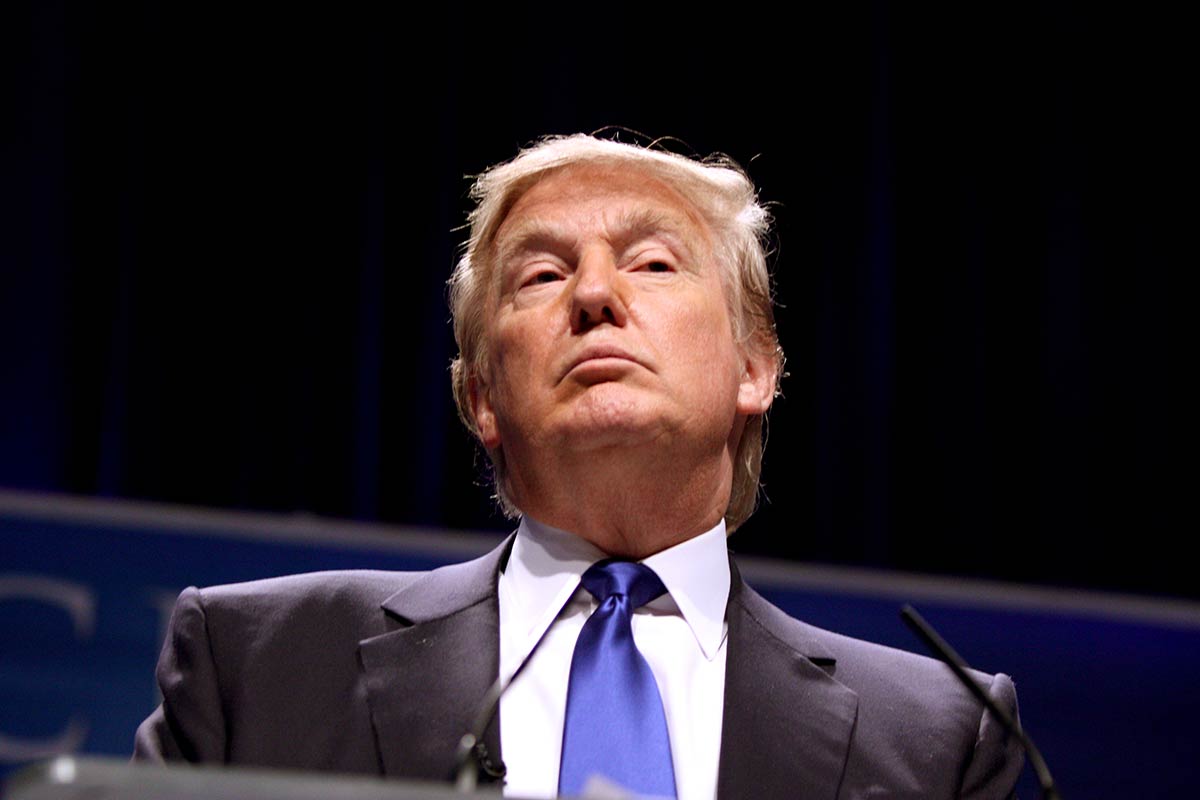
How did Donald Trump become President of the United States? Why did Brexit happen? Making sense of these events isn’t easy – but Flinders University’s Professor Tara Brabazon attempts to unfold what Trump’s behaviour and attacks on “fake news” mean for the future of universities, research and knowledge. If experts and evidence are denounced and discredited, how can how rational discourse continue?
The findings are the subject of a new book – Trump Studies: An Intellectual Guide to Why Citizens Vote Against Their Interests, written by Tara Brabazon, Steve Redhead (the late Flinders University professor’s final book, before his passing in March 2018) and Flinders PhD graduate Runyararo S. Chivaura (Emerald Publishing).
Rather than simply dissecting Trump, Professor Brabazon AM, Dean of Graduate Research and Professor of Cultural Studies at Flinders University, highlights the need to understand the motivations and behaviours that gave rise to the Trump era, which represents a significant social change deserving careful analysis and broad discussion.
“We live in an era where ignorance is celebrated,” says Professor Brabazon. “The subtitle of this book is important. The people who voted for Donald Trump were the white working class in the rustbelt cities.
“They were most impacted by the Global Financial Crisis, the implosion of the real estate market, and the bail out of the banks. Yet they voted for a reality television star with no experience in government.”
“Similarly, in the UK, the areas that voted for Brexit gained directly from subsidies and grants from the European Union. Yet xenophobia, racism and fear of difference triumphed over self-interest,” Professor Brabazon confirmed.
“We are living through what the theorist Jean Baudrillard described as the ‘double refusal’: the refusal to lead and the refusal to be led. We see this clearly in Australia.
“Most of us change our smoke alarms with the arrival of a new Prime Minister. Leadership change is that reliable and that regular.”
In pulling such focus on Trump-era studies, Professor Brabazon acknowledges that new fields of philosophical research often emerge in unlikely places. “This is not centred and safe knowledge,” she says. “This is discourse from the edges.
“The most powerful, innovative and edgy scholarship in the world – like ultra-realist criminology, physical cultural studies and post-digital studies – does not emerge from affluent cities and universities. The dynamic, passionate and dangerous knowledge emerges from the margins.”
She says such incidents as the Brexit result and the Trump victory cannot be studied in a laboratory.
“The silent majority will not sit in a Petri dish, waiting to be researched. The theories and methodologies developed into this book not only explain these two mega and meta events, they create space for ideas that challenge and dissent, and make the case for the role and value of universities in a time when evidence, expertise and facts often dissolve into opinion, emotion and fake news.”
In probing the value of thinking, reading, writing and interpretation during these times of economic, social and political uncertainty, the authors of Trump Studies explore how and why xenophobia, racism and sexism have become the grammar of contemporary popular culture and politics.
The book issues many powerful statements, starting with Professor Steve Redhead’s opening declaration that “we must never normalize this behaviour”, while his co-authors announce their hope to “witness the decline and understand how the aberrant, the confused, the ignorant and the foolish were accepted, validated, and valorised”.
The book has been released as a paper back, audiobook and ebook.

